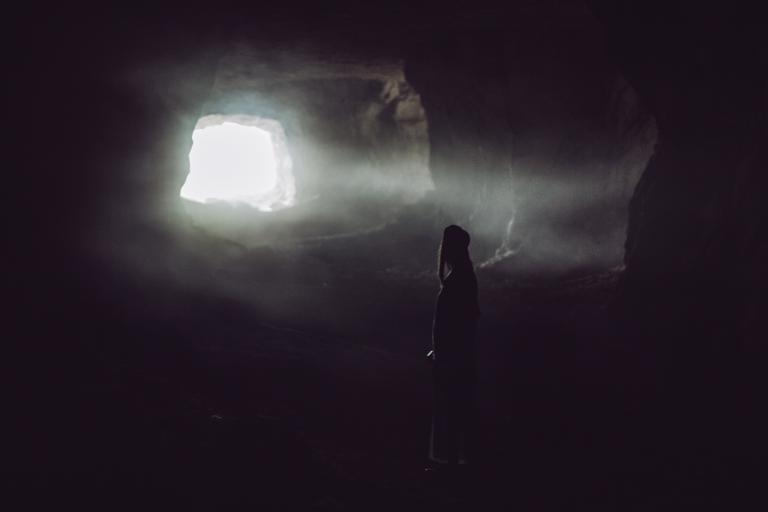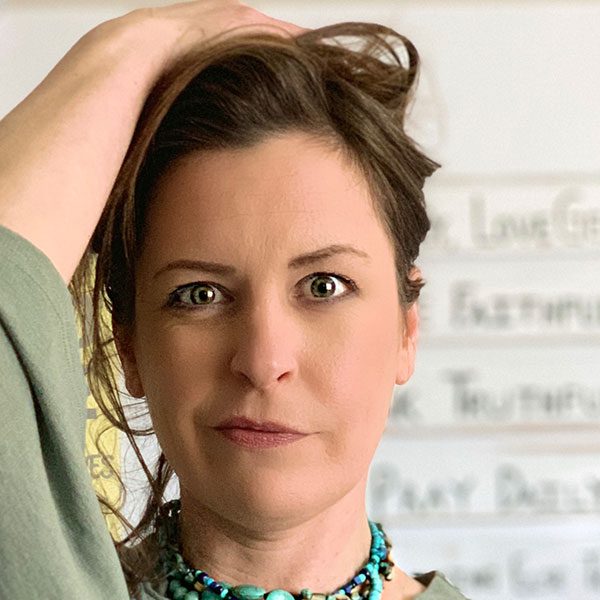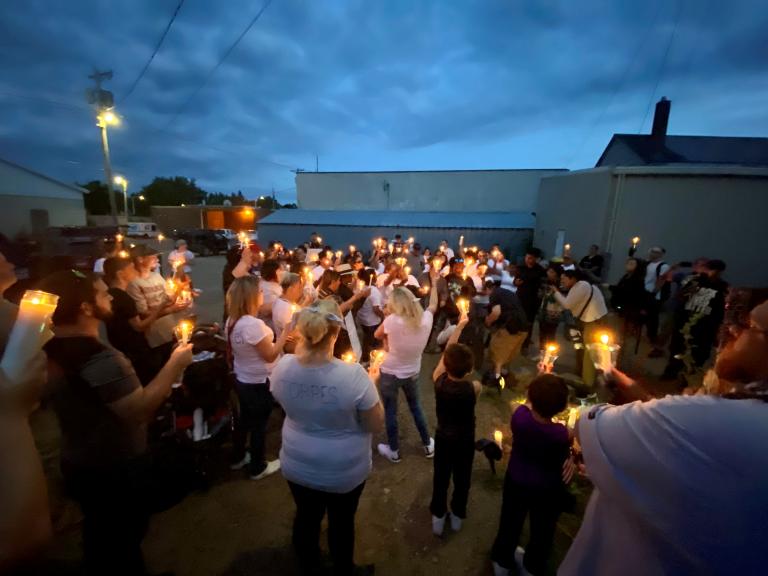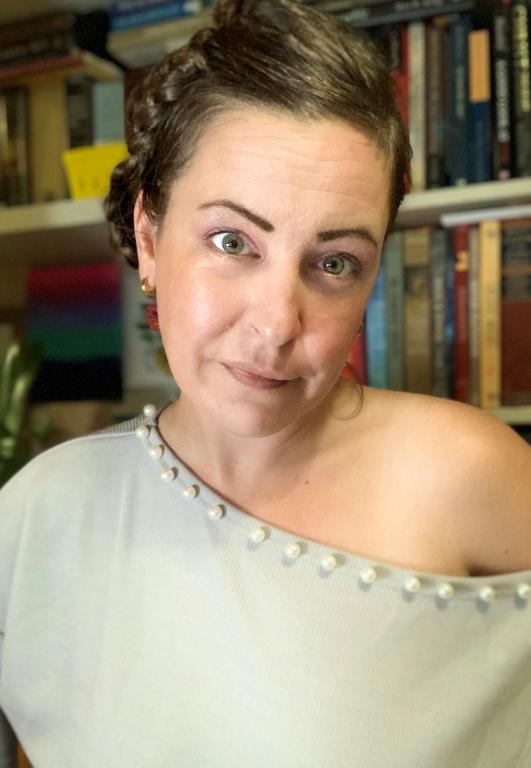
When you think of the term “empathy”, how often do you think of its negative side-effects? As if empathy could have any?
We have often been told that narcissists do not have the capacity for empathy (not true, actually). Still yet, we are reminded through personality tests that having an empathetic disposition is a positive characteristic. Perhaps it feels magical, even. The way we can feel the feelings of others as though they are radiating outward like energy fields. To say one is empathetic is a compliment to many.
Does empathy have a dark side? Provost Professor at Indiana University Fritz Breithaupt, argues yes, empathy has a dark side; five in fact, that are worthy of paying attention to.
Breithaupt defines empathy as: “the coexperience of another’s situation”
So, what is coexperience? According to Breithaupt:
Coexperience is a psychological phenomenon in which one is mentally transported into cognitive/emotional/bodily situation of another. The emphasis here is situation of another. There is a wide range of degrees of “transportation”, from mentally sharing in another’s actions, as if watching a film or reading a literary narrative, to an active (though imaginary) participation by the observer in another’s decision making, allowing the observer to experience the observed’s conflicts and emotions. Empathy thus means that one lives up to the demands of the other’s situation in some or all of its emotional and cognitive aspects. The question of what the other should or could do- that is, decision-making- plays a large role for coexperience. Decision making is another aspect not captured by emotion-sharing.
He offers a caution: “To be sure, coexperiencing another’s situation does not mean literally being in the same situation.” Nor does it mean that the observer necessarily has to react to the other’s situation; “they merely imagine how the other might react to the situation.”
Essentially, having empathy for another does not necessitate that one must act out on their empathy.
If we think about it, we already may know this. When we watch a dramatic movie, we imagine what the character is experiencing but we don’t jump into the screen to rescue Iron Man from his fate.
However, one might watch Ava DuVernay’s latest Netflix smash hit, “When They See Us” and mobilize a group to do something, anything- to fight against the justice system that locks up far too many black and brown bodies in our country.
To say that empathy does not inspire action is not the argument Breithaupt is making. Merely that, empathy doesn’t have to precede action- it can just remain a feeling- or coexperience- without action.
Breithaupt is also not making the case that empathy is “bad”. More so, Breithaupt is cautioning us against falling into the pit of empathy, where feeling into something so much can take over.
The five dark sides of empathy are as follows:
- Empathy can lead to self-loss, while also delivering aesthetic pleasure to the empathizer.
- Empathy can lead to perceiving the social world in black and white, thinking in terms of friend and enemy. Conflicts may emerge not despite but because of empathy. Human beings tend to quickly take sides in conflicts and use empathy to glorify their chosen side while condemning and demonizing the other side.
- Many people associate empathy with altruism and helping behavior. Instead of empathizing directly with a person in need, we identify with a benevolent helper figure. While this self-identification may boost our own ego, it is at the expense of the person in need.
- Empathy can be used to enjoy the pain of others. This empathetic sadism may not motivate so-called psychopaths (who probably feel less sadistic empathy than other people); instead it describes the emotional and intellectual enjoyment that most people feel in situations of altruistic punishment, watching tragedies, and such common events as embarrassment, bullying, and domination.
- Empathy encompasses another morally dangerous variant- vampiristic empathy, which occurs when a person expands their own life experience by over-identifying with another person’s experience. (Helicopter parents, stage mothers, fans).
Pushing back against research that claims we are a less empathetic society and in need of more empathy; Frtiz Breithaupt argues that perhaps a decline in empathy would not be such a bad thing.
A prime example of why a decline in empathy would benefit is society is the result of the 2016 election. The election that shocked the United States (for at least half of the country), was undermined by a masterful strategic empathetic model- Donald Trump.
Breithaupt reflects back to the primaries of the United States:
In the primaries, every other candidate turned against Trump. Within the Republican Party, a “Never Trump” movement attempted to derail his campaign. And the media was seemingly obsessed with him, infamously given him hundreds of millions of dollars of free advertising through their coverage. The results can be easily described in terms of empathy. His emotions, outbursts, many violations of taboos, self-confident presentation, paired with his image of a political outsider, led a substantial portion of the electorate to take Trump’s side and see things from his point of view. The fact that he stood as “one against all” only made him a more attractive object of empathy.
Perhaps that is why so many Christians, particularly Evangelicals, have stated that he is like the Messiah? Or rather, that he was selected by God?
Breithaupt adds:
In fact, pinning “one against all,” one against the majority,” “one against the apparatus,” and “one against others” has become his general strategy of presenting himself. He regularly poses as the victim of a media conspiracy.
We Christians are particularly sentimental when it comes to the “one against all” mentality, especially when we think back to the innocent scapegoat that is Jesus Christ.
Trump presents himself as the great victim who deserves support, pity, and empathy. Those who take Trump’s side see his opponents from his perspective and therefore empathize with him; and they will only ever find more reasons to support him. By presenting himself as a victim, he justifies any outrage, any action.
Is this the very dark side of empathy that catapulted the United States into a darkness of division? Do we utilize empathy as a weapon, rather than a tool?
We love the victim, the little guy, the underdog; don’t we? Is that why so many have labeled him as the “second coming of Christ”? Is that why his support remains (and in some cases, strengthens)?
Breithaupt ends The Dark Sides of Empathy with an inquiry worthy of discussing, and such a discussion requires critical thinking. He poses this question:
Should we encourage and teach empathy?
His answer is yes!
Absolutely, but not for reasons of moral improvement. Our understanding of empathy and its utility will become much more nuanced if we free ourselves from the mentality that increasing empathetic identification must have a moral dimension.
Empathy increases our aesthetic perception in three interrelated ways: first, by widening the scope of that which we experience; second, by providing us with more than one perspective of the situation, thereby multiplying our experience of the situation; and third, by intensifying that experience.
What say you? Do we need more or less empathy?
The Dark Sides of Empathy, by Fritz Breithaupt, is available through Cornell University Press and Amazon on June 15, 2019.
For more on The Dark Sides of Empathy, here’s my interview with the brilliant professor.












